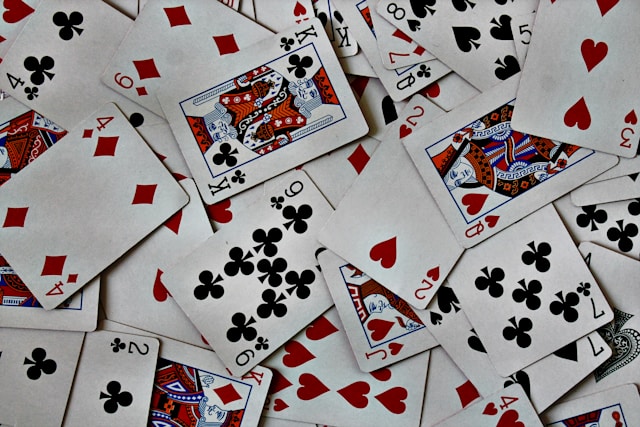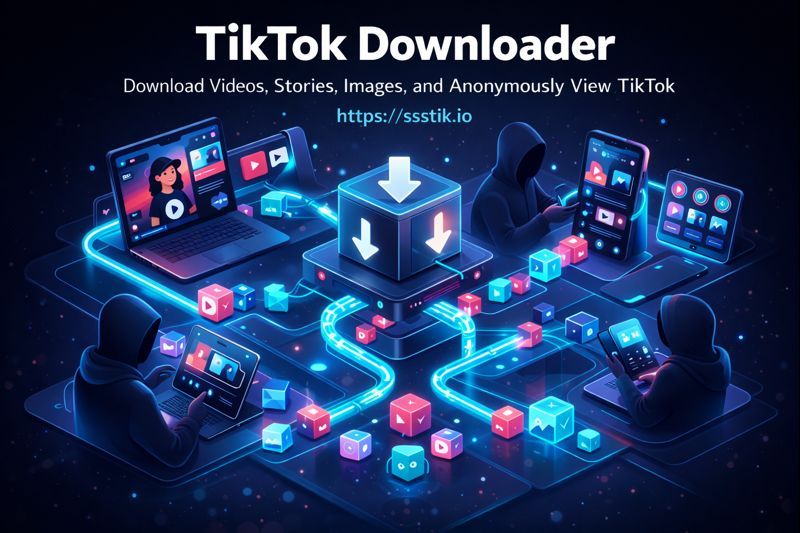In an era obsessed with mental productivity and wellness, playing card games is a wonderful way of improving brain health. Far from being mere pastimes, card games activate multiple areas of the brain, nurturing cognitive strength, emotional balance, and social interaction. Even learning poker rules can engage memory and logic, proving how such games are more than just entertainment.
In this blog, we break down the cognitive benefits of card games.
Why Card Games Matter for the Brain
Card games engage various brain regions responsible for memory, focus, problem-solving, and emotional regulation. Here’s how the cognitive functions activated during gameplay:
| Cognitive Function | How Card Games Help | Example Game |
| Memory | Recall rules, past moves, cards played | Rummy, Concentration |
| Focus & Attention | Stay alert, avoid missing moves | Solitaire, Bridge |
| Logical Reasoning | Deduce best moves, analyze opponents | Poker, Spades |
| Strategic Planning | Think ahead, adjust based on changing situations | Bridge, Uno |
| Math & Probability | Calculate odds, score tracking | Blackjack, Poker |
| Emotional Control | Handle losses, manage tilt, celebrate wins mindfully | Any competitive game |
| Social Interaction | Encourage conversations, teamwork, reading social cues | Call Break, Bridge |
1. Boosts Memory and Recall
Many card games require remembering which cards have been played or which strategies worked in previous rounds.
Example:
In Rummy, you must remember opponents’ picks and discards to guess their hand.
In Concentration (Memory), players flip over pairs and must recall card positions.
These games enhance short-term and working memory.
2. Improves Focus and Concentration
Card games demand constant attention. Even a quick lapse can cost the game. Players train their minds to stay engaged for longer periods.
| Game | Focus Element |
| Solitaire | Noticing playable cards in a changing tableau |
| Bridge | Listening to bids, watching tricks |
| Speed | Reacting fast while remaining accurate |
These games build sustained attention and improve multitasking.
3. Develops Problem-Solving Skills
Players frequently face situations where they must choose the most effective move under pressure.
Example:
In Poker, following poker rules carefully is key to calculating pot odds and reading your opponent’s betting patterns effectively.
In UNO, you must decide whether to skip, reverse, or change color to gain advantage.
| Game Situation | Decision-Making Involved |
| You hold a weak hand in Poker | Fold or bluff based on read and pot size |
| Opponent down to 1 card in UNO | Block with a skip/reverse card |
These games strengthen analytical thinking and flexible reasoning.
4. Enhances Math and Calculation Abilities
Some card games involve direct arithmetic or probability-based logic.
| Game | Cognitive Math Challenge |
| Blackjack | Adding to 21, calculating remaining values |
| Poker | Estimating pot odds, implied odds |
| 500 Rummy | Keeping score, calculating meld values |
These games improve mental arithmetic and numerical estimation.
5. Strengthens Social Skills and Emotional Control
Card games, especially multiplayer ones, provide an opportunity to build interpersonal and emotional intelligence.
Real-World Impact:
· Learning patience during slow turns
· Accepting losses without emotional reaction
· Reading social cues in games like Bluff or Poker
They reduce stress, build empathy, and improve emotional regulation.
6. Helps Delay Cognitive Decline in Seniors
Numerous studies show a correlation between regular mental engagement and a slower rate of cognitive decline in aging adults. Social and strategic games are especially effective.
| Game | Why It’s Great for Seniors |
| Bridge | Combines memory, logic, and social interaction |
| Solitaire | Can be played solo, stimulates logic and pattern recognition |
| Canasta | Requires team strategy and memory recall |
They reduce dementia risk and encourage active lifestyle.
7. Digital Card Games: Are They Effective?
Yes! While physical games offer social interaction, digital card games offer the same cognitive benefits, plus convenience and customization. Many online platforms even include tutorials on poker rules for new players and access to the latest poker news, which helps improve strategic gameplay.
| Platform | Cognitive Feature |
| Solitaire apps | Timed challenges, streak tracking |
| Poker platforms | Strategy building, hand analysis |
| Brain-training card apps | Specifically designed to target cognitive skills |
FAQs
Q: Can playing card games reduce stress or anxiety?
A: Yes, card games provide a focused activity that redirects attention away from stressors. Social games also promote laughter and bonding, which naturally reduce cortisol levels.
Q: What’s the best card game for improving short-term memory?
A: Memory Match (also called Concentration) is ideal for training short-term memory. Rummy and Bridge also require remembering past moves, discarded cards, and partner strategies, making them excellent for working memory enhancement.
Q: Is there a minimum age to start benefiting cognitively from card games?
A: Kids as young as 4–5 years old can benefit from simple games like Go Fish, Snap, or Uno. These games build attention, memory, and turn-taking, foundational skills for school and life.
Q: Where can I read the latest poker news and updates?
A: Several online platforms share daily poker news, including tournament results, player interviews, strategy insights, and rule updates. Staying informed keeps your gameplay sharp and competitive.
Card games prove that maintaining cognitive health doesn’t require complex routines or expensive tools. Just a few rounds each week can strengthen memory, sharpen focus, and support emotional balance. Over time, these small sessions add up, preserving brain function, encouraging social bonds, and even slowing age-related decline.
Photo by Amanda Jones on Unsplash ( Free for commercial use)
Image published on November 4, 2018




